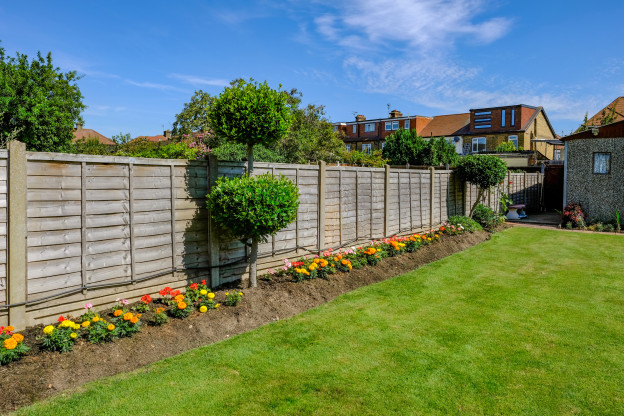Rejuvenating your garden!
As we leave the last of the winter months behind and venture towards spring, it’s the perfect time to begin reviving your garden. While the harsh weather conditions are bound to have left their mark on your plants and flowers, our expert tips are sure to return your garden to its former glory in time for spring/summer sunshine.
1. Give some TLC to your garden tools
Having spent the last few months in storage, your garden tools are sure to be in need of some TLC. You will need to remove excess debris and mud from spades, trowels and shovels, and other tools will require more extensive care:
-
Maintain tools with bare wooden handles by applying a thin layer of linseed oil.
-
Tools which have become blunt through lack of use can be sharpened using a fine metal file.
-
The handles of garden mowers should be oiled and loosened to prevent them from seizing up.
2. Refresh old paint on fences and gates
Now is the ideal time to repair and paint any broken fences and gates and to prepare them for the warmer months. You should always paint on a day when no rain is forecast and consider painting on a day when the temperature is unlikely to reach above 10 degrees celsius. To prevent your new paint being damaged by mildew and rot, we recommend adding a layer of protective treatment to the fence before you begin work.
Consider bright colours, such as yellow and red, to add a pop colour to your fence and transform your garden into the perfect area for the summer months.
3. Plant seeds for flowers now
Early spring is a great time to tactically plan how you would like your garden to look for the upcoming months. By planting seeds of flowers and plants early in the season, you’ll ensure you garden will be in full bloom by peak summer.
-
Bluebells and daffodils can be planted at the end of winter for spring bloom
-
Plant Lilies now to show off your borders in the summer
-
Dahlias planted in June will be full bloom come autumn
4. Set up a composting area
A composting area is the perfect way to dispose of old fruit and vegetable skins and garden waste, and provide much-needed nourishment for your plants and flowers. We recommend selecting a composting corner and invest in a suitable bin to store your compost. If you’d like to use compost straightaway, check out our soil conditioners made from five-year-old compost to boost your plant and flower growth.
5. Hunt down and remove garden pests
Over the winter months little garden pests are sure to have set up home in your garden. In Britain’s wet climate, slugs and snails can destroy your plans for a colourful garden. By naturally removing them in late winter to early spring, you’ll ensure that slugs and snails won’t become more of a problem later in the year. Top tips:
-
Spray plants with diluted soapy water to deter bugs and insects
-
Scatter coffee around plants to prevent slugs and snails getting too close to the stems
-
Keep caterpillars away by spreading oregano and thyme around your plants
By following these expert garden tips you are sure to reap the rewards by summer time, and you can sit back and relax to admire your work.
